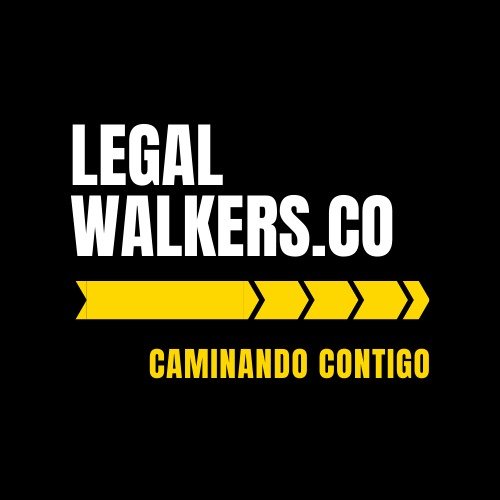
Best Guardianship Lawyers in Bogotá
Share your needs with us, get contacted by law firms.
Free. Takes 2 min.
List of the best lawyers in Bogotá, Colombia

About Guardianship Law in Bogotá, Colombia
In Bogotá, Colombia, guardianship is a legal principle referring to the assigning of an adult individual or an institution as the legal caretaker of a minor or an adult who is unable to make critical decisions for themselves. This often includes individuals with disabilities, seniors with cognitive impairments, or minors whose parents are not able to care for them. The guardian has the legal right and responsibility to make decisions for the ward in certain areas, such as education, medical treatment, and living arrangements.
Why You May Need a Lawyer?
There are several scenarios in which you may need a lawyer for guardianship matters in Bogotá. If you wish to become a guardian, a lawyer can guide you through the complex legal process, making sure you meet all requirements. In cases where the ward is believed to be mistreated or their welfare is at risk under current guardianship, legal counsel can advise on how to handle such a situation. Lastly, if you are the ward, an attorney can protect your rights and ensure the guardianship is in your best interest.
Local Laws Overview
In Bogotá, guardianship laws are governed by the Colombian Civil Code. This code stipulates that the guardianship process starts with a declaration of incapacity issued by a judge. It also states that before appointing a guardian, judges are obliged to consider the opinion of the ward, if they can express it. Lastly, it covers the responsibilities and limitations of a guardian and the circumstances under which a guardianship can be revoked. Note that guardianship laws vary greatly across jurisdictions, and local Bogotá laws may include additional specifications.
Frequently Asked Questions
1. Who can be appointed as a guardian in Bogotá?
In Bogotá, Colombia, any competent adult—usually a close relative—can be appointed as a guardian. However, the court will make the final decision based on the best interest of the ward. In certain situations, multiple guardians may be appointed.
2. How can I apply to become a guardian?
To apply for guardianship, you need to submit an application to the local courts. The process involves a formal hearing where your case will be reviewed, and a judgment will be made. Legal representation can help you navigate this process.
3. What are the rights of the ward under guardianship?
A ward under guardianship retains certain basic rights, like the right to personal respect & dignity, fair treatment, express their opinions, etc.
4. Can a guardianship be contested or terminated?
Yes, a guardianship can be contested in court if it’s believed that the appointed guardian is unfit or if the ward's needs are not being met. A guardianship can also be terminated if the ward regains capacity, if the ward dies, or if the guardian can no longer perform their duties.
5. Is legal representation required when seeking guardianship?
Legal representation is not required, but it's highly recommended given the complexity of the guardianship process.
Additional Resources
The local Bogotá family courts can provide you with relevant resources regarding the guardianship process. The Colombian Ministry of Justice also offers online resources and useful legal contacts. Non-profit organizations related to disability rights or elderly care in Bogotá can also provide valuable insights.
Next Steps
If you seek legal assistance in guardianship, start by contacting a reputable, local attorney specializing in guardianship law. Based on your specific situation, they can provide you with advice on how to proceed. As guardianship is a serious and sensitive matter, it’s essential to get experienced legal representation.
The information provided on this page is intended for informational purposes only and should not be construed as legal advice. While we strive to present accurate and up-to-date information, we cannot guarantee the accuracy, completeness, or currentness of the content. Laws and regulations can change frequently, and interpretations of the law can vary. Therefore, you should consult with qualified legal professionals for specific advice tailored to your situation. We disclaim all liability for actions you take or fail to take based on any content on this page. If you find any information to be incorrect or outdated, please contact us, and we will make efforts to rectify it.


